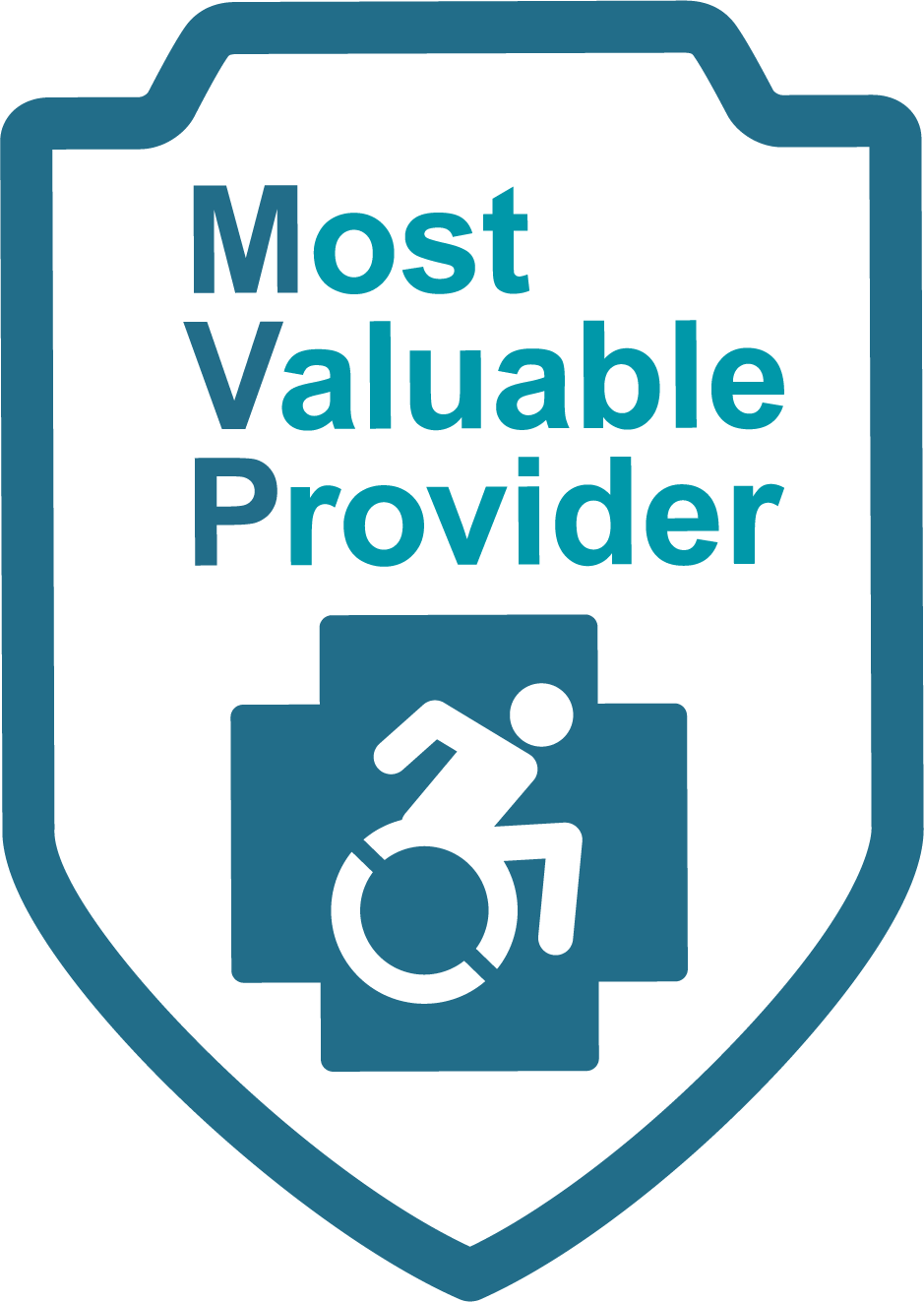How to Become MVP Certified

This page outlines what a healthcare provider or site needs to do to become a Most Valuable Provider (MVP). Once a site satisfies these requirements and is certified, they will be listed on the MVP Certified Sites page. Other benefits of being a MVP site are listed in the table below.
Please contact Elizabeth Janks at e.janks@wayne.edu to begin the MVP disability training process.
Click here to view and download a PDF version of the table below.
| MVP Criteria | Description |
|---|---|
| Trained Workforce | Required Activity: Healthcare Workers Complete 90-Minute online MVP Disability Training at https://ddi.wayne.edu/mvp/disability-training FREE CME/CEUs for physicians, nurses, PAs, OTs, PTs, RDs, and social workers. |
| Accessible Site | Required Activity: Site completes MVP Accessibility Checklist. |
| Sensory-friendly Site | Required Activity: Site completes the MVP Sensory-Friendly Environment Checklist. |
| Disability Data Collection | Required Activity: Disability status questions asked for each patient and accommodation needs asked for those with disabilities. |
Six questions used by the American Community Survey (ACS) and the Behavioral Risk Factor Surveillance Survey (BRFSS) to determine disability status:
- Are you deaf, hard of hearing, or do you have serious difficulty hearing?
- Are you blind, or do you have serious difficulty seeing, even when wearing glasses?
- Because of a physical, mental, or emotional condition, do you have serious difficulty concentrating, remembering, or making decisions? (5 years or older)
- Do you have serious difficulty walking or climbing stairs? (5 years or older)
- Do you have difficulty dressing or bathing? (5 years or older)
- Because of a physical, mental, or emotional condition, do you have difficulty doing errands such as visiting a doctor's office or shopping? (15 years or older)